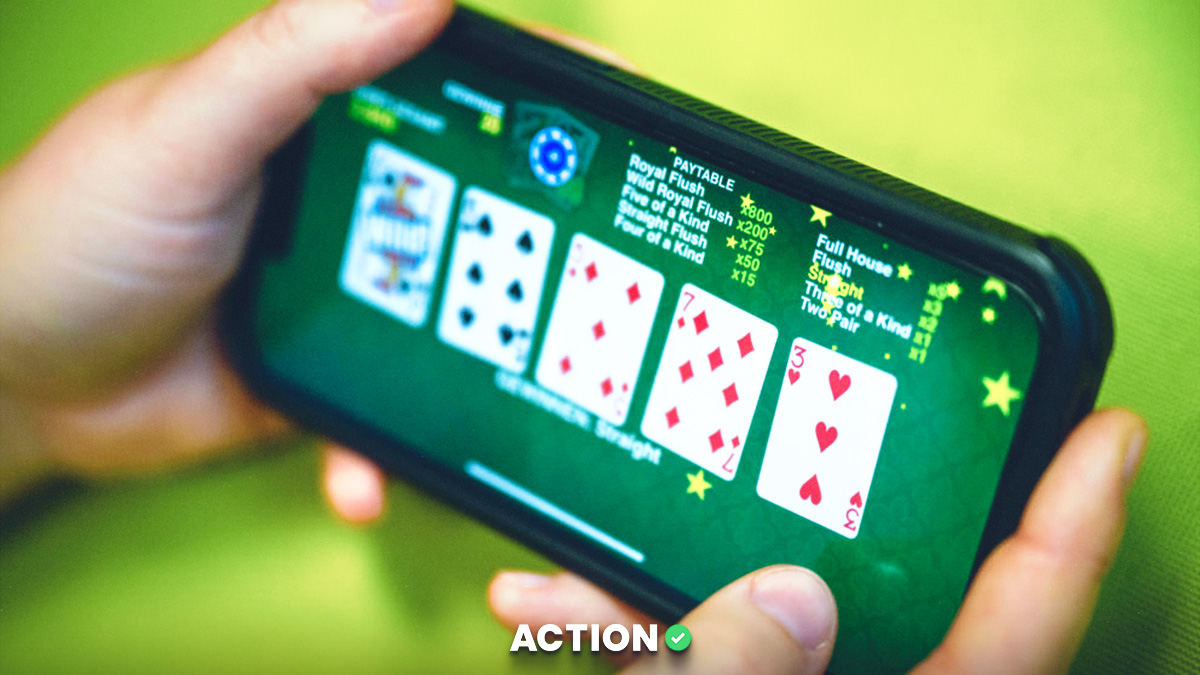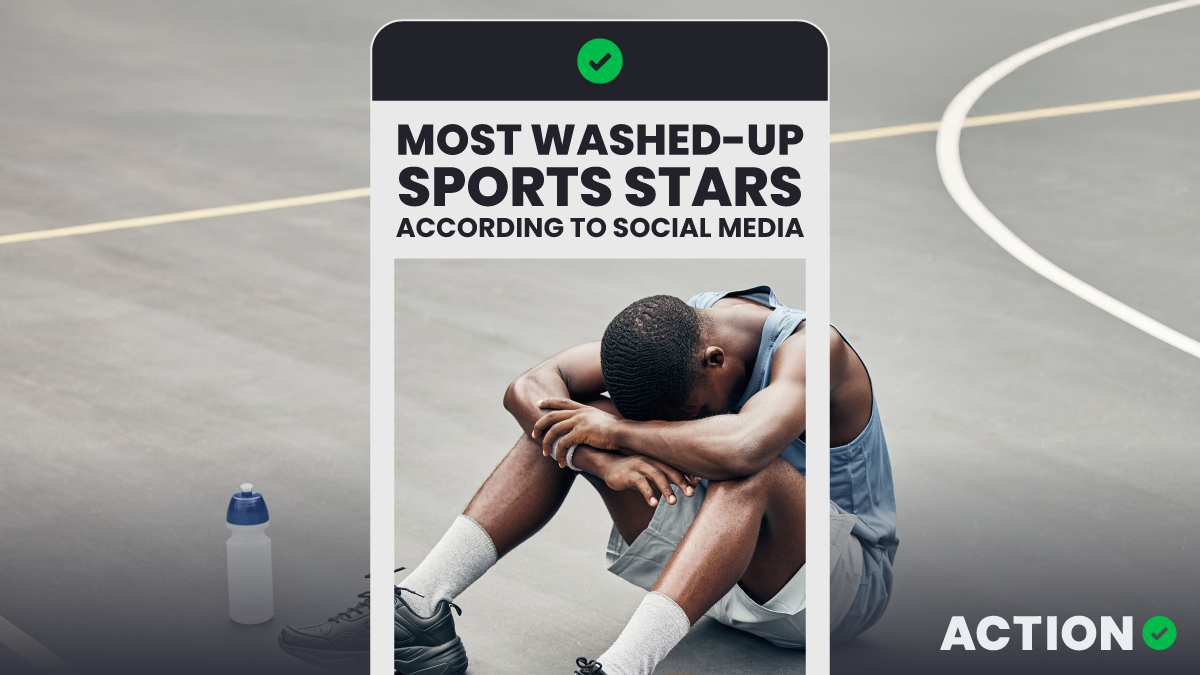For a long time, Google didn't allow targeted ads for online casinos, including real-money, sweepstakes, or social casinos. However, they are rolling out a new policy, and beginning next month, Google will remove social casinos from the exclusion list.
Google will update its Personalized Ads policy in December to remove social casino game apps from the restricted “Gambling” sensitive interest category. Starting December 4, social casino game ads will be permitted to utilize personalized targeting, a capability expected to be extended to all advertisers by the end of March 2025.
So you’re likely to see more social casino ads popping up on the pages you visit, starting in the weeks leading up to Christmas and beyond.
Google Changes Rule on Social Casino Ads
Social casino game apps are online games, such as poker, slots, and roulette, that simulate casino gambling without offering monetary rewards.
While gambling-related ads generally remain prohibited from personalization, an exception has been made for social casino game apps. But this policy change suggests Google's willingness to ease restrictions on personalization for social casinos, presenting potential new opportunities for advertisers.
In the past, you would rarely see targeted ads for sites like McLuck or Chumba, but now it looks as if that is going to change.
Why the Change is Important for Advertisers
Google hasn't explained why it made this decision, but advertisers could gain from better ad targeting, which might boost their performance and attract more users. Essentially, Google is making a special exception for social casino game apps within its gambling ad rules, which could benefit advertisers in this specific area. Why? Perhaps it's because as gaming operators, including social casinos, continue to represent a stable and expanding advertising segment, companies like Google would like to capture a larger share of that revenue, which is now available.
But this won’t be a free-for-all. If advertisers violate the Personalized Ads policy, Google will issue a warning before suspending their accounts, giving them extra chances to comply.
People are eager to see if this change leads to more personalized ads in the social casino industry, and if Google will face any backlash from the looser regulations.
Sweepstakes Casinos Still on the Exclusion List
But there's a catch: Google doesn't consider sweepstakes casinos to be "social casinos."
Google classifies gambling sites that offer prizes like merchandise or money as "sensitive interest."
According to Google, sensitive interest categories are restricted in personalized ads are are defined in terms of the following content policy principles:
- Legal restrictions: Ads must comply with the law.
- Personal hardships: Ads shouldn’t target users in ways that exploit their difficulties or struggles.
- Identity and belief: Ads shouldn’t target users based on categories prone to systemic discrimination or unfair stigmas.
- Sexual interests: Ads shouldn’t target users based on inherently private sexual interests or experiences.
- Access to opportunities: Ads shouldn’t limit access to opportunities by leveraging unfair societal biases when targeting users with specific content categories.
Google recognizes that targeting ads based on these interests could harm users, especially those with gambling addictions. Essentially, they aim to prevent companies from targeting ads at real-money gamblers to avoid potential negative effects.
Addiction Always a Concern With Social Gaming
Because social casino games don't require real money and are often linked to social media sites, their audience tends to be younger. This leads to major concerns about addiction, and there are studies to back it up.
Playing social casino games can encourage gambling among both new and existing gamblers. One study found that more than 25% of people said their gambling increased after playing these games.
Gamblers who started playing social casino games before age 13 reported gambling more often during their teenage years. In a 24-week trial, Matthew Rockloff and colleagues also found that those who played social casino games were more likely to gamble for money the following week, even when accounting for their previous gambling activity.
While many studies have shown a link between social casino games and gambling, most rely on participants' self-reports. This research used an experimental approach to objectively measure the connection by observing social casino gaming and gambling behavior directly.
Popularity of Social Casinos Continues to Grow
There’s no denying that the popularity of social casinos is growing fast. In fact, there’s already talk of merging the traditional online casino experience with social gaming, and allowing people to use cryptocurrency to fund their accounts.
For its part, Google is trying to be flexible. Over the summer, the company also updated its advertising policies, allowing daily fantasy sports (DFS) operators and lottery courier services to run ads across more than 30 states and Washington, DC.
Online casinos and social gaming, and the ads that come with them, are an ever-changing world.But the fact that the internet search provider is relaxing its rules could be seen as a positive step for this relatively new industry.


















































